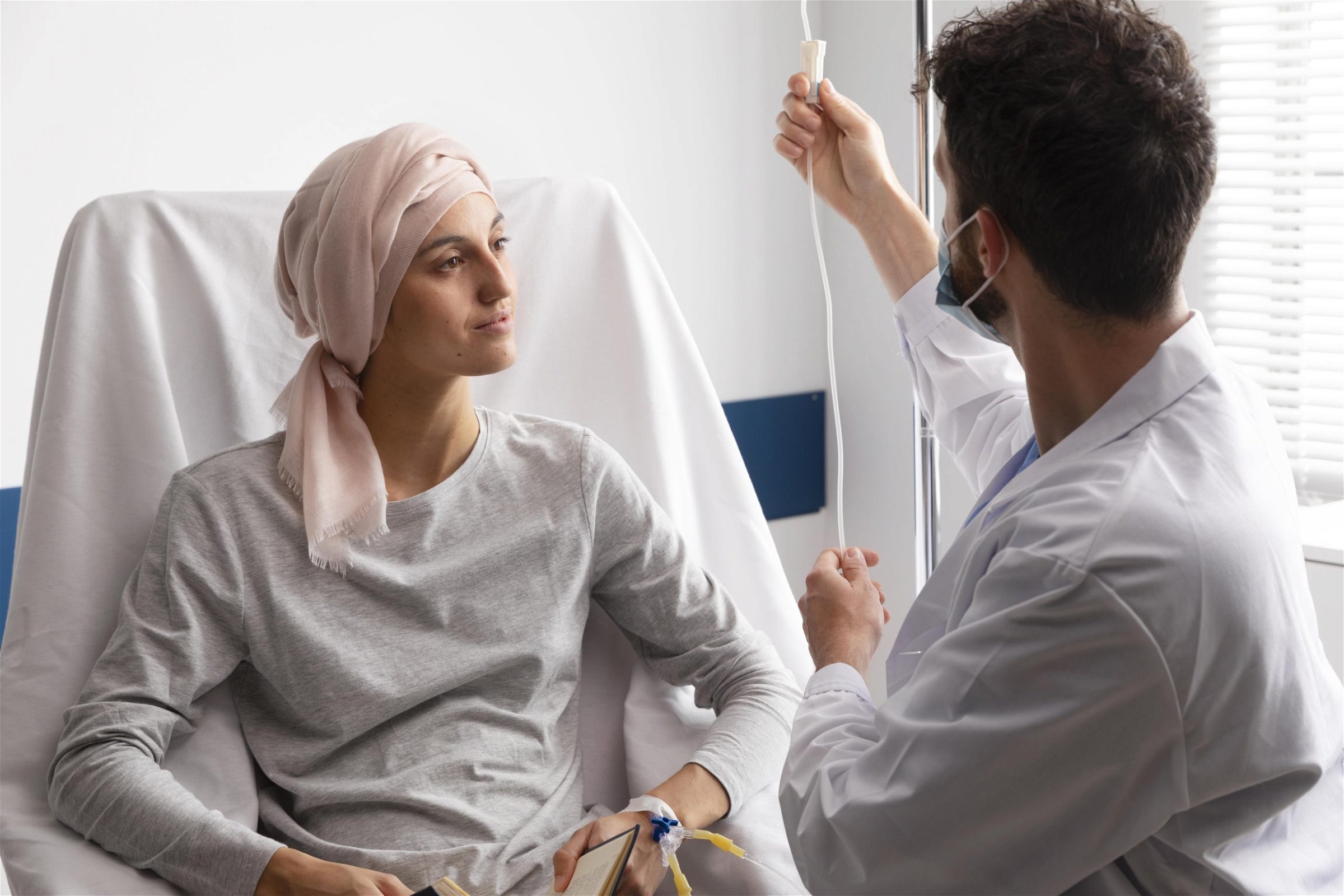Blogs
Neuropathy After Cancer Treatment
Chemotherapy can be an incredibly difficult Cancer treatment. While it is effective in killing cancer cells, it also comes with side effects of its own. Many cancer patients undergoing chemotherapy report experiencing fatigue, hair loss, and other extreme symptoms.

Aside from these symptoms, a large number of cancer patients have also reported developing neuropathy, also known as nerve damage. The nervous system is responsible for transmitting sensory information to the brain and spinal cord, so when these nerves are damaged, it ultimately leads to a decrease in the body’s functionality. This can make it increasingly difficult to do tasks that were once considered simple – such as exercising or cooking.
Although chemotherapy is effective at eliminating cancer cells, this treatment is known to damage the nerves in the process. When a nerve is damaged, it makes it increasingly difficult to control your muscles. When a cancer patient develops neuropathy as a result of chemotherapy, it is clinically known as chemotherapy-induced peripheral neuropathy (CIPN).
Our peripheral nervous system is made up of the nerves connected to the brain and spinal cord, it consists of two sections: the autonomic nervous system, which controls involuntary functions, and the somatic nervous system, which controls muscles and transmits information to the central nervous system. When an individual has neuropathy, their ability to control certain muscles may diminish, and they could experience a tingling sensation or numbness in moving parts of the body.
Symptoms of CIPN
Although the symptoms of CIPN vary depending on the patients, there are some telltale signs that you may have developed peripheral neuropathy as a result of chemotherapy. Since this condition affects the transmission of sensory information, it can result in a number of symptoms. Some of them include:
> Pins and needles
> Muscle weakness
> Muscle pain
> Numbness
> Discomfort
If you are experiencing any of these symptoms as a result of CIPN, it is important to consult with your doctor to ensure your symptoms are being observed and monitored.
How common is CIPN?
If you have been diagnosed with CIPN, it is important to note how commonly this affects patients undergoing a form of chemotherapy. In fact, many cancer patients report that peripheral neuropathy is one of the most prominent symptoms that is often neglected. According to a study completed by Breast Cancer Research and Treatment, CIPN between 50-60% of cancer patients report experiencing neuropathy symptoms. Out of this fraction, 82% of patients described their symptoms as moderate or severe.
If you are experiencing symptoms associated with CIPN, there is no reason to fear. As long as you consult with your doctor regarding your symptoms, they will be able to put together a customized care plan to ensure your condition of CIPN does not worsen.
Are there ways to prevent CIPN?
Unfortunately, there is no definitive way to prevent CIPN. In fact, researchers are unsure what may cause specific individuals to develop the condition when others do not. However, there are certain factors that may put some individuals at additional risk. Cancer patients with preexisting conditions such as diabetes or vitamin deficiencies are more likely to develop peripheral neuropathy. Also, certain chemotherapy drugs may have a higher likelihood of causing nerve damage.
Although there are not perfect ways to prevent CIPN, cancer patients undergoing chemotherapy should strive to follow a healthy lifestyle, as this can decrease their risk of developing peripheral neuropathy. Small lifestyle changes such as cutting alcohol consumption, daily exercise, and a healthy diet can all contribute to the prevention of CIPN, as these alterations can make you generally healthier.
How to Manage CIPN
After being diagnosed with CIPN, you may struggle to manage your symptoms. However, being proactive in your cancer treatment process can help minimize symptoms and prevent them from worsening. The most effective way to manage your CIPN is through pain management methods such as steroids, numbing creams, antidepressant medications, and anti-seizure medications. Aside from these options, there are alternative cancer treatments that can alleviate nerve pain. Treatments such as physical therapy, acupuncture, occupational therapy, and other lifestyle altering therapies can be effective in supplementing pain management methods.
In addition to these cancer treatment options, it is important to take extra precautions. For example, if you have neuropathy in your hands, you may face difficulty when trying to do simple tasks such as cutting vegetables or driving. When doing these activities that rely on the functionality of your hands, it is important that you be extra careful.
